Homophobia and anti-LGBT sentiments have permeated global society for centuries. It has become so deeply ingrained in society that homosexuality is “unnatural” that it sometimes goes unnoticed. Whatever form this malignant ideology takes, it reinforces the worst kinds of behaviors. But what does homophobia look like in our very own Alexandria City Public Schools?
Recently, Dr. Matthew Henry (He/Him), a veteran teacher at ACHS, sent a letter to the school board detailing incidents of homophobic harassment and aggression. The letter shocked many and made waves in both the school environment and the Alexandria community.
Though Henry had faced homophobia behind his back before, the incident sparking the letter was different. “I mean, [students have not been homophobic] at least not to my face until this year, which is why I think that whole incident that I shared with the school board just floored me because I’ve been here 13 years and that’s never happened before to me.” Henry’s story gives rise to a very important question: how can students feel it is appropriate to be openly homophobic towards adults, especially teachers?
If students feel comfortable harassing teachers, it’s sadly no surprise that they do the same to fellow students. Lynn Hess-Nelson (He/They) says he has dealt with homophobia for the majority of his time at ACHS and before high school as well.
“In my eighth-grade history class, I had split dyed hair, I wore big eyeliner; it was very obvious I was queer. Not to stereotype, but I fit the stereotype. And this guy was like, ‘Are you gay? That goes against my lifestyle [and] values…’ [I was] like, ‘Okay…?’ . . . What do you say to that?”
It’s awkward for students to have to defend themselves and their identity when another student feels it is their place to question it. LGBTQ students at ACHS are forced into unwanted debates where they are asked to defend their entire community without any preparation or willingness to participate.
An anonymous student said, “Who are you to look at another human being and say that [they] deserve less rights than [you] do because of the person that they love? Because obviously you don’t choose who you like and who you want to be with. If you really think about it, how does an all knowing, all merciful, all loving God care so much about something as miniscule as two men or two women loving each other?”
Hess-Nelson says he has also faced harassment from teachers. “Last year, I had a teacher who was demanding that I stop calling myself a boy because I was a ‘girl’. We were doing this team-building exercise that had one boy and one girl on each team, and when I went up, he said, ‘No, you’re not a boy. . .And then he kind of stopped because I guess he was like, ‘Oh, they’re not gonna chill out. They’re not gonna let me invalidate them.’ I’m the opposite of a doormat.”
This isn’t an isolated incident. Eliot Sokolove (He/She/They) has had similar experiences in the classroom.
“In eighth grade, I was not like an amazing student. I had trouble with respect in middle school, so I was talking back or something, and my teacher was like, ‘You’re not respecting me [deadname]1, so I don’t have to respect you.’” For Sokolove, who had been publicly transgender for the entire school year, it was humiliating and mind-boggling for a teacher to intentionally use their deadname in front of their entire class.
Although access to media opens doors for education on LGBTQ identity and rights, access does not preclude good faith. The internet frequently becomes a breeding ground for dubious propaganda. Taking current phenomena, such as a moral panic surrounding transgender people among right-wing commentators, into consideration, schooling environments can also be a place where these dangerous sentiments are diffused and allowed to cultivate, despite the supposed watchful eye of staff members.
Cultivation might be due to long periods of administrative inaction in partnership with the fact that many students surround themselves with people of similar beliefs and backgrounds, creating echo chambers for themselves. These “echo chambers” are commonplace on the internet in places like forums and social media.
“I’ve witnessed it a lot, because it’s the internet. Homophobia on the internet is crazy,” said sophomore Ziona Miller (Any Pronouns.) “The internet is part of the media; it’s a whole thing to unpack. Because our generation [was] born into the internet [age], it influences us, especially in the era that we were [active] in, everything [was]offensive and crude. A lot of shock humor, homophobia, and racism . . . influenced us.”
An anonymous student said, “I feel like on the internet, people are way more open about these kinds of things, because [people are] hidden behind the screen.”
Verbal harassment has the potential to escalate into dangerous situations or lead to unsafe feelings for LGBTQ students. Hess-Nelson explains, “There was a while ago, where a trans girl on a college campus was killed, Brianna Ghey. That’s when I started realizing I could get killed for this. People die because they’re trans . . . . Ever since then, I’m less public about my identity. I don’t go around flaunting it, because I’m worried that might happen to me.”
When asked if they felt safe in the ACHS building, Miller said, “I don’t feel safe in [it].”
Sokolove said he feels that ACPS schools have allowed for homophobia to fester and produce an unsafe environment for queer students.
“One time, in eighth grade, I was followed home by a group of boys. They were on one side of the street, I was on the other. I was walking alone, and these kids were screaming at me. ‘I’m gonna get you [f-slur]! I’m gonna get you!’ Like, screaming at me.”
It’s alarming that students feel like an environment has been fostered where harassment by their peers goes unchecked in our schools.
“I don’t tell the teachers, but if they’re watching I’m like, do you not see this? Most of them, it’s almost like they’re too afraid,” said Sokolove.
With all these incidents coming to light, it begs the question: what is to be done? Hess-Nelson had some thoughts on how the staff already handles it: “When I’m walking in the halls and people yell the f-slur at me, there will be a teacher, or security guard or admin within earshot, and they won’t say a thing. And I think that’s a step that needs to be taken; when you hear it, say something. Don’t be a bystander. They say that to us a lot, but they’re bystanders.”
With that being said, what do people want? In general, students seemed to want ACPS as a whole to address homophobia more directly instead of “shuffling around it” as Miller put it. Furthermore, people seemed to enjoy the LGBTQ+ pride-focused SEAL lessons, especially the ones made by actual queer students. Students also called for increased education about homophobia. When ACPS does plan to step it up, it’s important that they listen to queer students and teachers.
It’s not that every student and staff member is violently homophobic. In fact, ACHS has made incredible steps to create a safe environment for queer students, teachers, and staff members alike. Their announcement last year condemning Governor Younkin’s anti-transgender politics is a shining example of this. But when teachers don’t take steps to actively punish homophobic students and when administration sweep cases of harassment under the rug, it creates a violent underbelly for a generally loving, accepting, and progressive school system.
Finally, Theogony asked all of its interviewees what one thing they would tell a homophobic person. In the end, it all boiled down to a general stance: no matter what god you believe in, no matter how you were raised, one thing remains true: LGBTQ+ people are still human.
1 A deadname is the name that a person under the transgender umbrella no longer goes by. Often, this is the name that they were assigned at birth and that is associated with a prior gender identity.
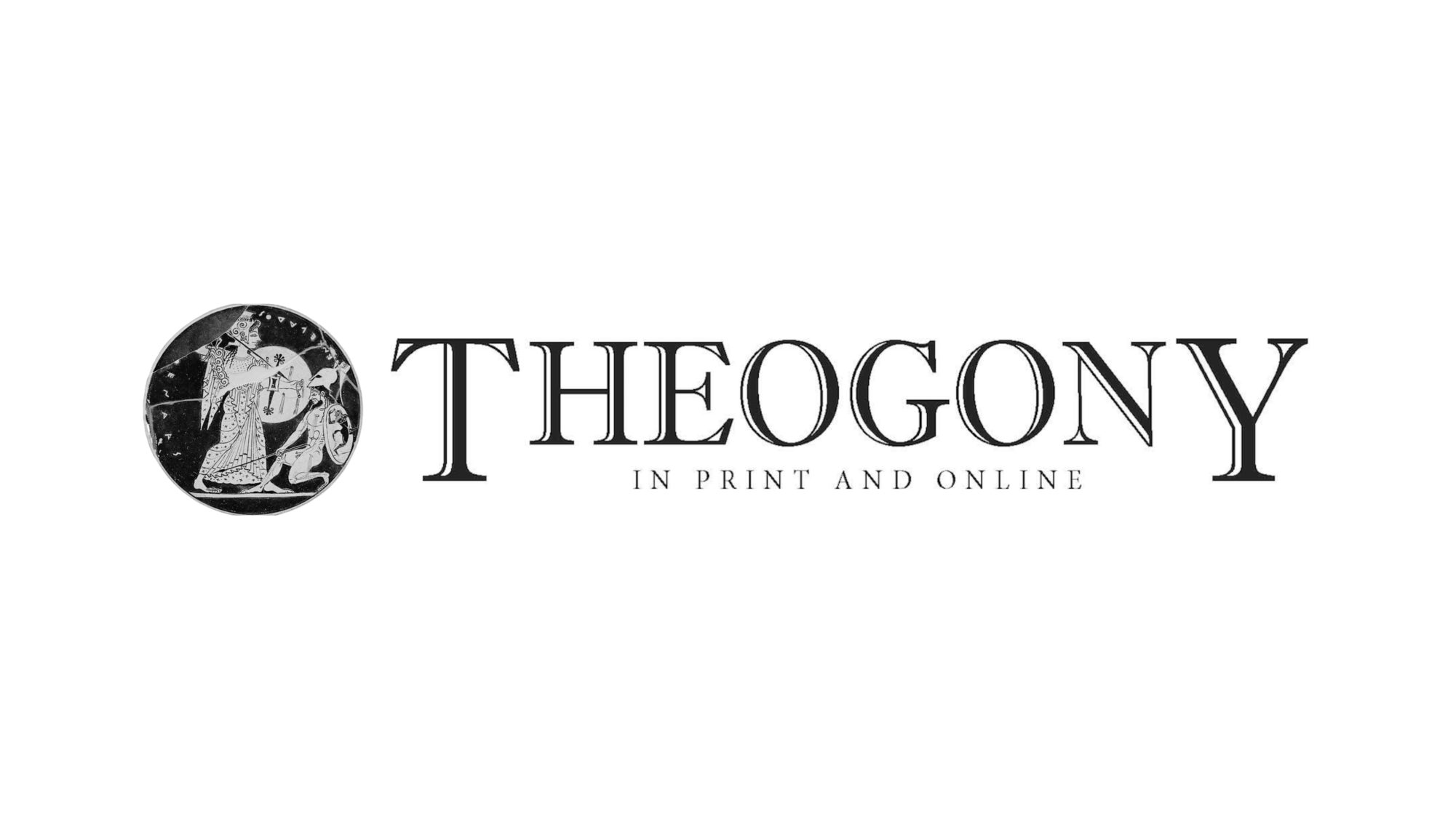

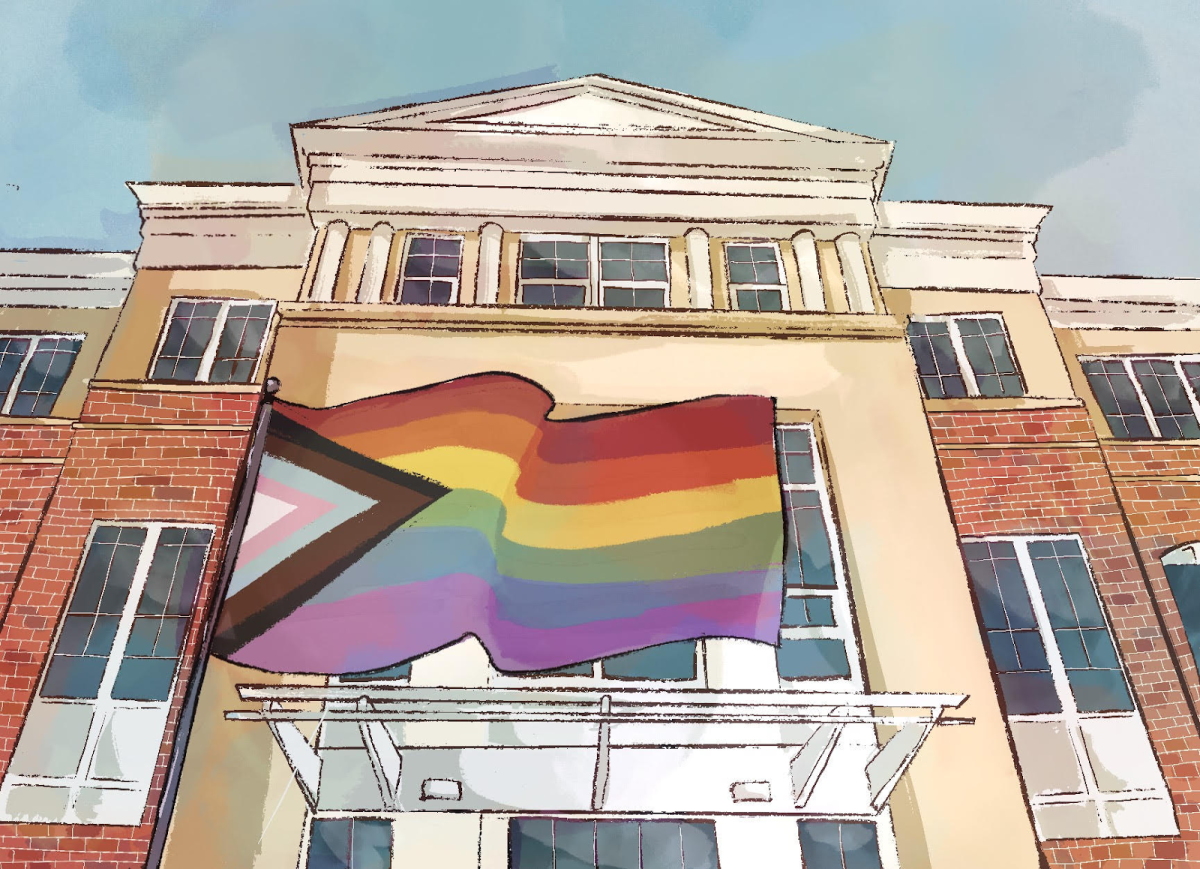
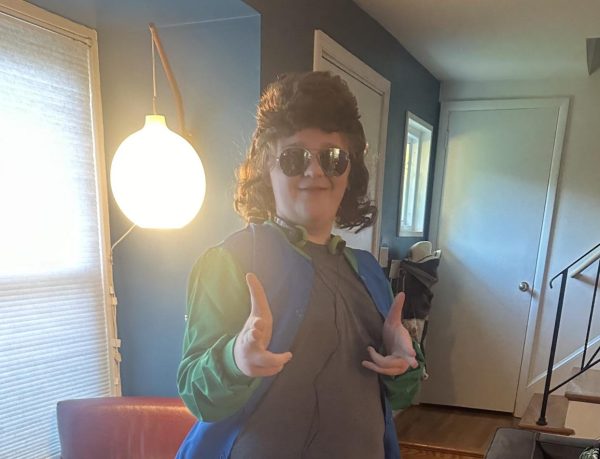
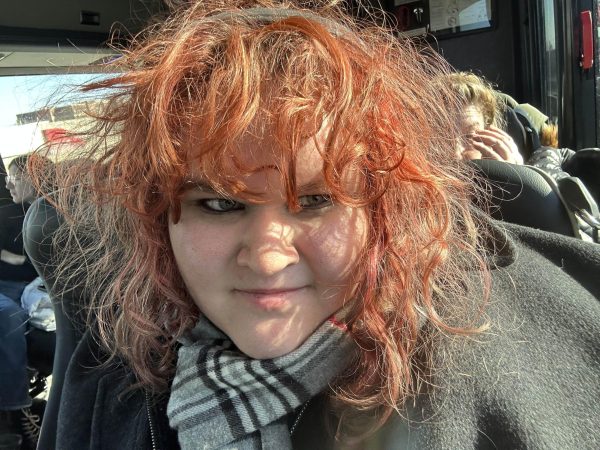
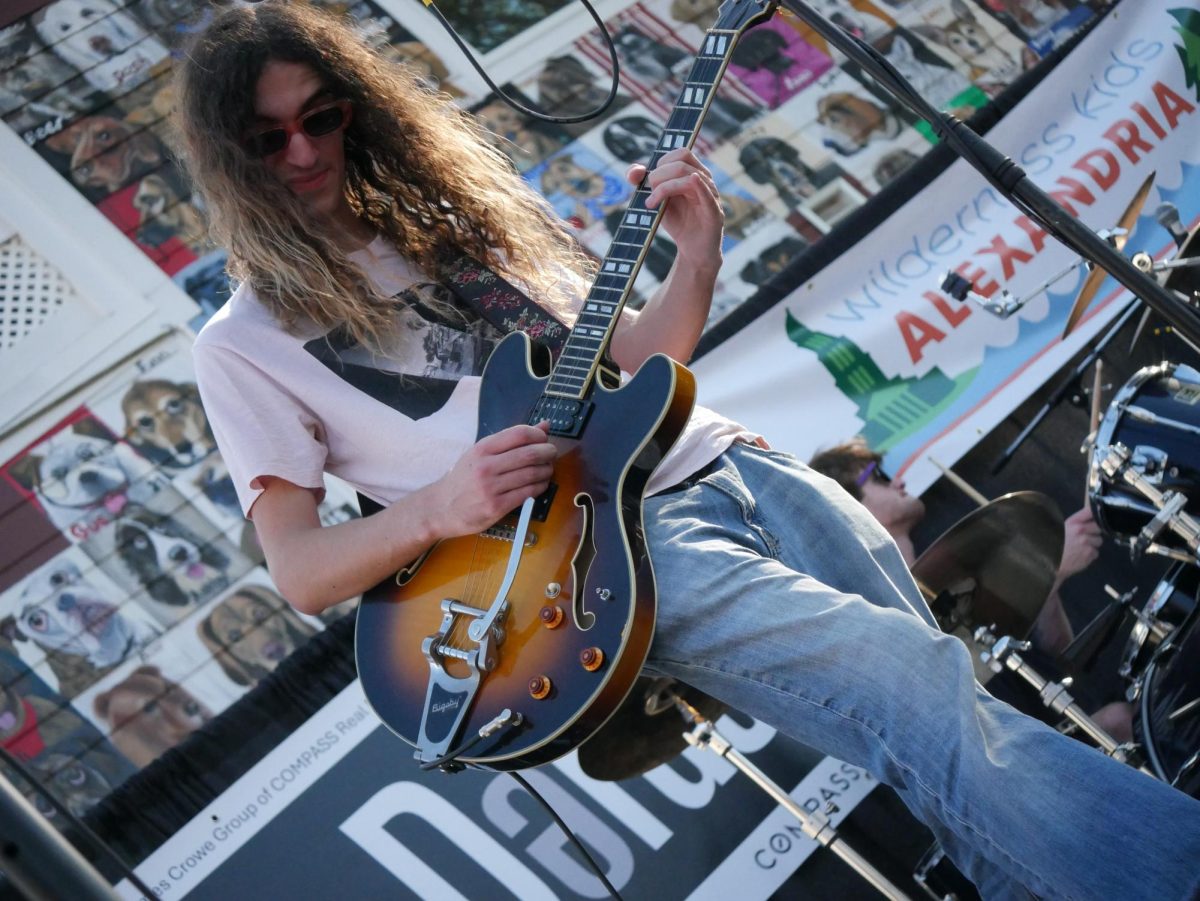

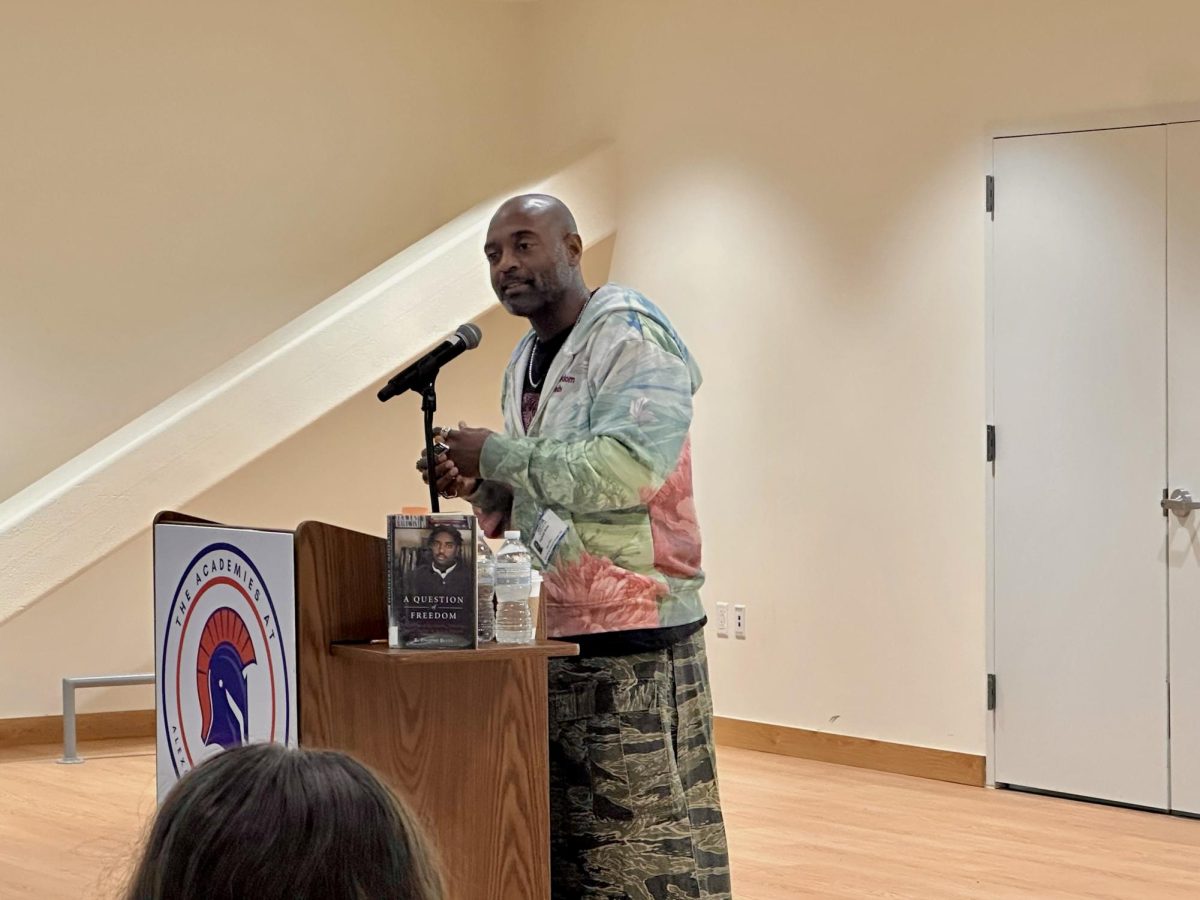

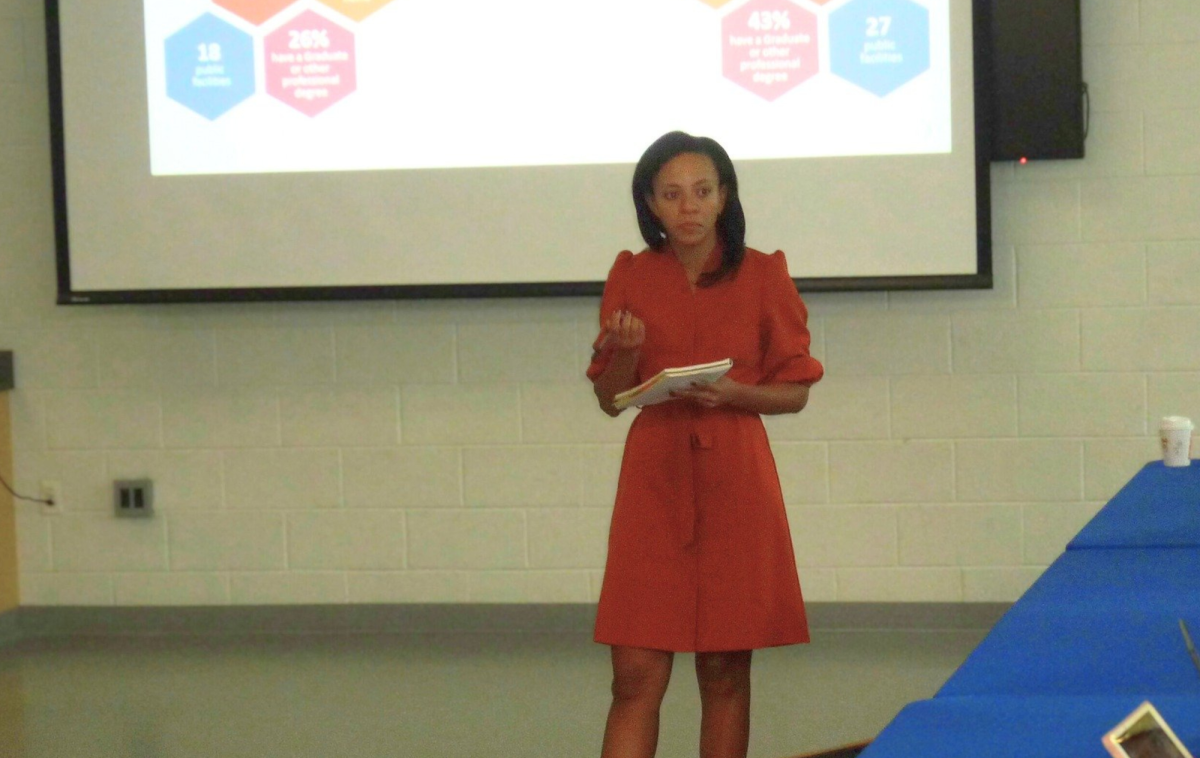

noname • Feb 28, 2024 at 8:45 am Theogony Pick
this is such a great article, it addresses the truth that there is a blatant amount of unfriendliness to queer students and teachers. i was in a different country last year and when i came to this school this year i was surprised at how many derogatory slurs i heard being shouted so casually, like it was nothing. I’m queer myself and i hate feeling like my existence is either a controversy or something people use as an excuse to disrespect me. thank you to the people who wrote this and are bringing awareness to this issue in our schools.